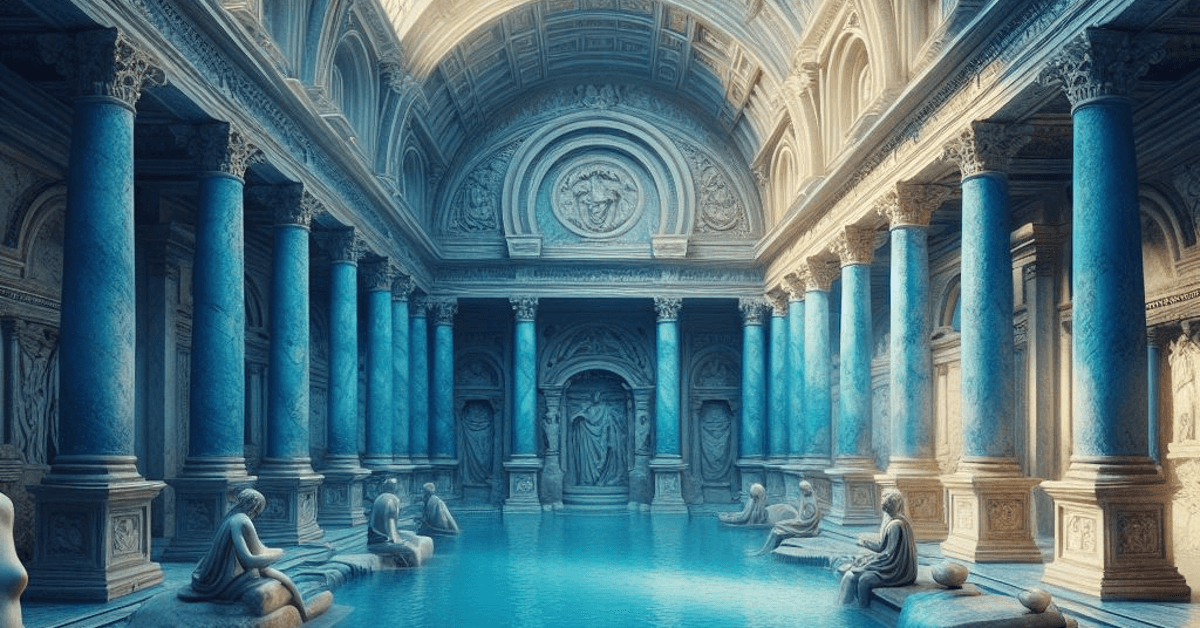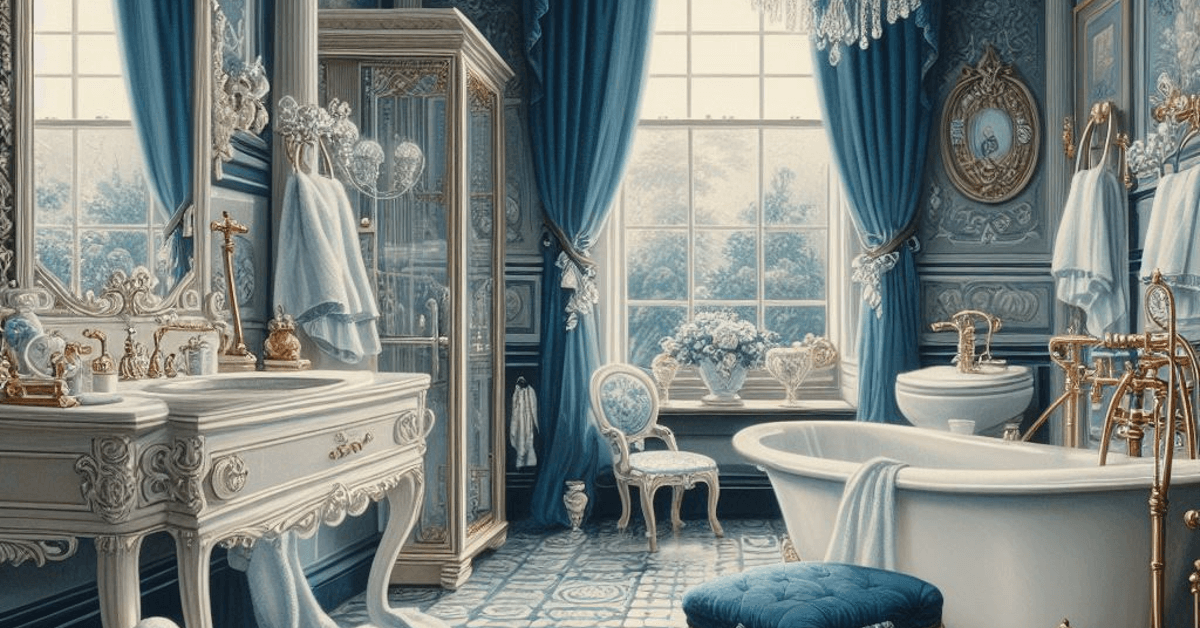The History and Cultural Significance of Spas
From ancient bathing rituals to modern-day wellness havens, spas have served as sanctuaries for relaxation, rejuvenation, and social connection for centuries. Their evolution reflects not only changing societal values and advancements in health practices but also the enduring human desire for well-being and community. Let's embark on a historical journey through the fascinating world of spas and uncover their enduring cultural significance.
Early Beginnings: Bathing Rituals and Sacred Waters

The earliest traces of spa culture can be found in ancient civilizations, where bathing wasn't just for hygiene but held deep spiritual and social significance. The majestic Roman baths, for example, were not just public washing facilities but bustling social hubs and centers for athletic training and philosophical discussions. Similarly, in ancient Greece, hot springs were dedicated to deities like Asclepius, the god of healing, and bathing rituals were believed to possess therapeutic powers.
Medieval Metamorphosis: Monasteries and Medicinal Waters

During the Middle Ages, spa culture took a more ascetic turn. Bathing became less frequent due to religious and cultural norms, and spas were often found within monasteries, serving primarily as medical and therapeutic centers. Monks, drawing on herbal knowledge and spiritual beliefs, used medicinal springs and baths to treat ailments and promote well-being. This era also saw the rise of hammams in the Islamic world, offering steam baths and massages for both physical and spiritual cleansing.
Renaissance Revival: Indulgence and Aristocratic Retreats

The Renaissance witnessed a resurgence of interest in spa culture, fueled by a rediscovery of ancient texts and a growing emphasis on leisure and pleasure. Grand spa towns like Bath in England and Baden-Baden in Germany emerged, attracting aristocrats and social elites seeking relaxation, social interaction, and health cures. These opulent retreats boasted thermal baths, landscaped gardens, and luxurious accommodations, transforming spa experiences into extravagant social affairs.
Modern Transformations: Democratization and Diversification

The 20th and 21st centuries saw a democratization of spa culture. Affordable and accessible spas began popping up, catering to a broader clientele seeking stress relief, beauty treatments, and overall wellness. Today, spas offer a diverse range of services, from traditional massages and facials to cutting-edge wellness therapies and fitness programs. They cater to specific needs, such as sports recovery or prenatal care, and reflect the growing holistic approach to health and well-being.
Cultural Significance: Beyond Pampering

The cultural significance of spas extends far beyond mere pampering. They provide spaces for:
- Relaxation and Stress Relief: In today's fast-paced world, spas offer a much-needed escape from the pressures of daily life, promoting relaxation, stress reduction, and improved mental well-being.
- Social Connection and Community: Spas can be social hubs, fostering connections and communities around shared interests in health and wellness. They provide spaces for individuals to bond over treatments, socialize in relaxation areas, and participate in wellness workshops.
- Holistic Well-being: Modern spas embrace a holistic approach to health, incorporating physical, mental, and emotional well-being into their services. They offer mindfulness practices, fitness programs, and healthy dining options alongside traditional spa treatments.
- Self-Care and Body Positivity: Spas can be havens for self-care and body positivity. They offer treatments and services that cater to diverse body types and needs, promoting self-acceptance and appreciation for one's physical form.
Spas, as we know them today, are living testaments to the enduring human desire for well-being, connection, and rejuvenation. From ancient bathing rituals to modern-day wellness centers, they have adapted and evolved over centuries, reflecting societal values, technological advancements, and our ever-changing needs for holistic health and meaningful connections. So, the next time you step into a spa, remember that you're not just indulging in a relaxing experience, but participating in a rich cultural legacy that stretches back millennia.